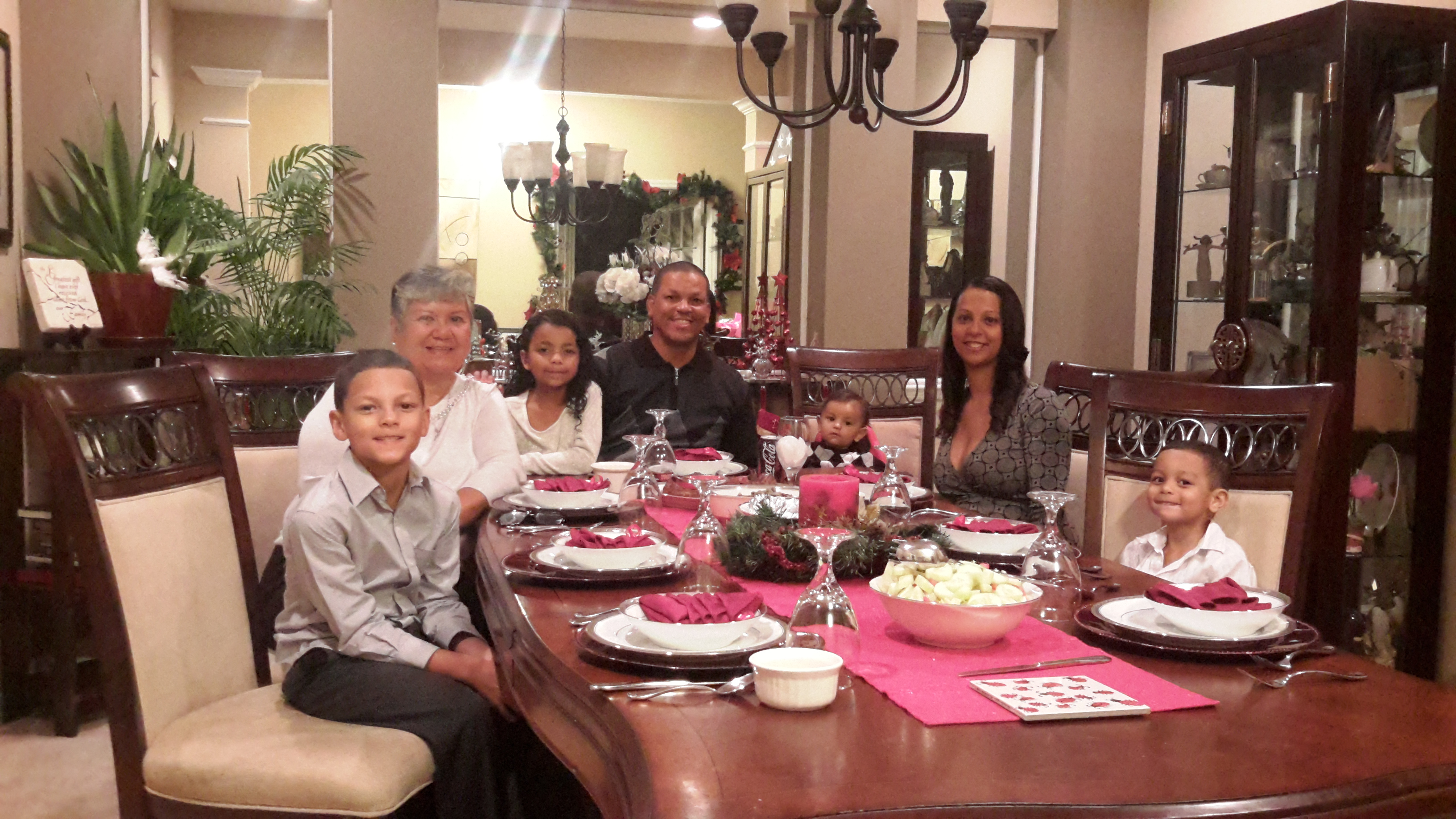Though America is a melting pot of culture and ethnicity, one thing binds us in solidarity: Food.
Memories are made while making dinner. Questions are popped over dessert. Babies are welcomed to the neighborhood with meals for new mommies. Quality daddy-daughter time happens over a cone at Twistee Treat. No matter the occasion, food is usually invited to the party.
For Mary-Catherine Segota and her family, their food traditions mean a great deal. Segota’s husband passed away several years ago. Bringing his heritage into the family meal is another way she keeps his memory alive for herself and her two children, Angelina and Giorgio.
“It’s a way to carry on his culture and his memory, even after his death,” she says.
Connecting Food with Memories
Enjoying Peruvian dishes of meat, rice and beans; large lunches with soup and bread; and cheese and ham for breakfast with tea connects the family to their larger community, “which we don’t typically experience in general Caucasian culture,” she reflects.
Incorporating cultural cuisine into the menu becomes a comfort bridge when her in-laws come to stay. “It helps us feel more connected to his family when they visit.”
Whether it’s turkey or ham and a fish dish at medianoche, or midnight, and a yummy Panetonne, or sweet bread, coupled with a very rich hot chocolate for dessert, tasty traditions spark warmth, joy and deeper relationships for Segota and her family.
Birthdays, holidays and entertaining guests are among the top times that individuals get a big taste of their family heritage. Children love to pick their favorite meal for birthdays, women call their moms for that special casserole dish at Easter, and husbands perfect their signature spread for Sunday breakfast. Deliciousness yields delight.
It’s no wonder favorite food memories become family traditions. According to Psychologytoday.com the olfactory bulb, a key part of the nervous system used for smelling things, is connected to the emotion center of our brain and the hippocampus, which is involved in memory. Since an individual’s sense of smell serves as a survival function (odors cue avoidance of spoiled or poisonous food), some associations with smell are made very quickly. In other words, whether it’s a good or bad odor, our sense our smell often generates memories.
Non-Food Traditions at the Table
Though the only bit of survival needed before eating Grandma’s chocolate cake may have been outwitting your brother for that second piece, your super smelling senses probably still tingle today when you get a whiff of that chocolate piece of heaven during a family birthday party.
Family food traditions extend beyond holidays and guests as well. Though the American family may struggle more with finding time to gather around the supper table, families still see the value in establishing their own cuisine customs.
Knee-deep in the growth of their family business, Ice Golf Academy, Tanya and Vincent Burbank of Ocoee are one such example. They make it a top priority to engage in family dinners with their four children and Vincent’s mother, who also resides in the home.
“We sit and eat together, bless the food and make sure to engage the kids in fun conversation,” Tanya says. “Time with my family is the most important thing for us during this stage of life.”
The parents have decided electronics are not invited to dinner. Instead, you’ll find two less-common guests at their dining room table. “We have two books, ‘Awesomely Random Facts’ and the ‘Big Book of Why’ that we read out loud for dinner topics each night,” Tanya says.
Keeping fun alive during the meal engages her children and builds lasting memories and connections that perhaps they may pass on to their families as adults.
The Effects of Family Meals
They may not realize it, but the Burbanks may be on to something.
According to Harvard research, data shows that the quality of conversations during mealtime is a strong predictor of positive language and literacy development in children. Reports such as this indicate that it’s more than simply eating together; it’s the culture you create around mealtime that benefits children.
The New York Times posted research suggesting that the effects of family dinners on children depend on the extent to which parents use the time to engage with their children and learn about their day-to-day lives. After their shared love for golf, if you were to join the Burbanks for dinner, you would realize their tradition of fun conversations at mealtime is their perfect recipe for family bonding.
The Burbank dinner table serves up more than silly topics though. Being a multi-cultural home, the family’s fare is often eclectic. The four children are exposed to Phillipino dishes like chop suey and Chinese noodles as well as soul food and southern cuisine.
“My husband and I come from different cultures and we want our children to have a piece of that,” Tanya says. Culture and self-awareness are important to Tanya and Vincent as they raise their kids. “If we don’t teach them about the different races that make them whole, then they’ll never truly know who they are. Food is a great way to express our differences.”
From significant events to the simplicity of daily life, family food traditions not only nourish the body and foster fondness but they also gift families with sustenance for their souls.




Comments